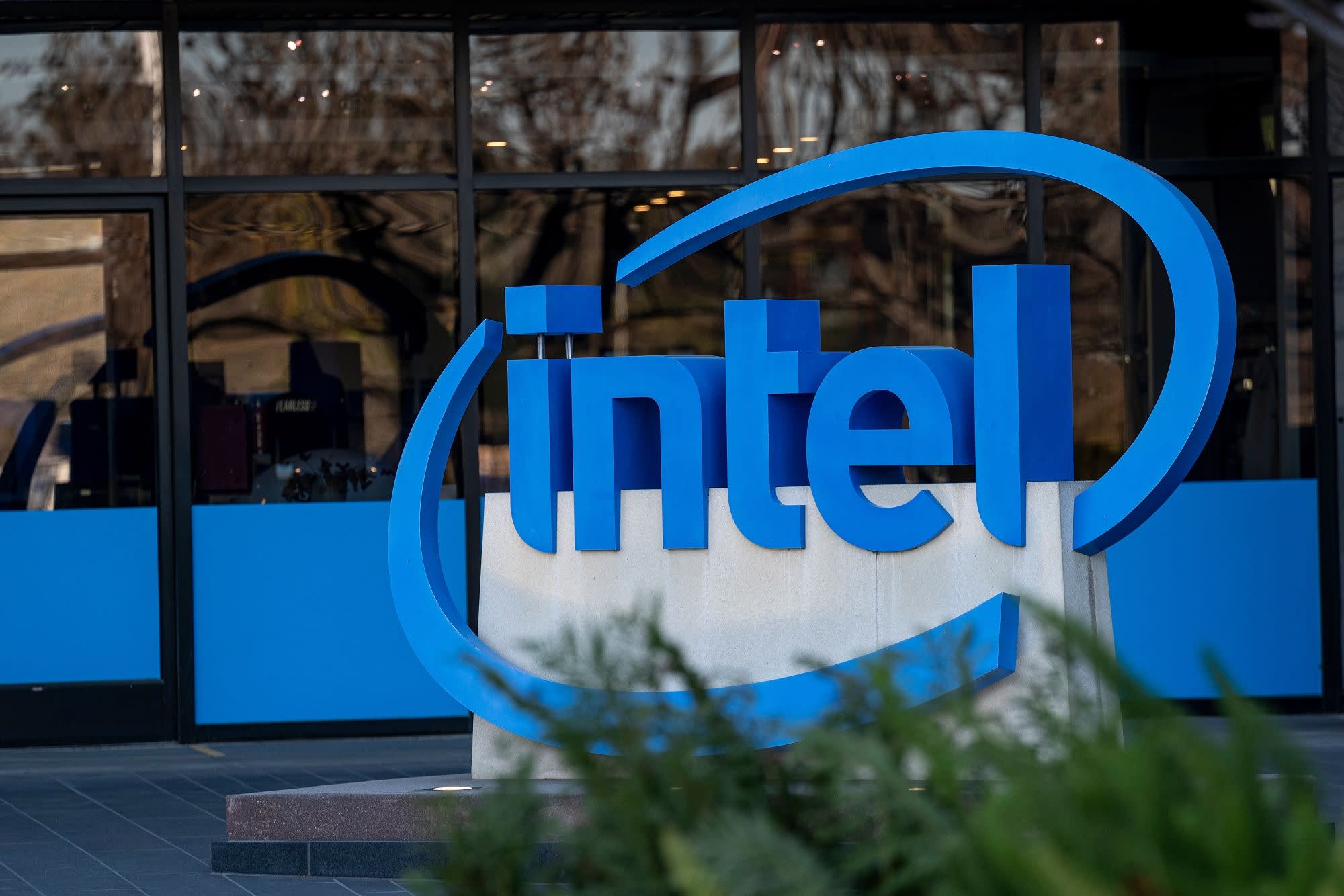It's a well-known fact that AMD has had an impressive year with its Ryzen series of processors. Thanks to its 7-nanometer process, the company scored massive leaps in performance compared to Intel's offerings, catching the attention of several manufacturers. With Ryzen 5000 and 5000U series launch around the corner, it was only natural for Google to begin developing a reference board designed around the new chipset, paving the way for flagship performance in Chromebooks.
As spotted recently in the Chromium Gerrit, the new baseboards, dubbed Guybrush, Mancomb, and Majolica, are three unibuild devices for Chromebooks that will likely be powered by AMD's upcoming Zen 3 Cezanne chipset. We don't know the APUs' full specifications yet, but based on leaked information compiled by ExecutableFix, there are three Ryzen 5000U series chips based on Cezanne. Here's a quick look.
A table of AMD's Ryzen 5000U series in development. | HotHardware
The Ryzen 54000U, 5600U, and 5800U have configurable TDPs that range from 10 watts to 25 watts. The Ryzen 7 5800U packs a punch, boasting an incredible 8-core/16-thread design with a 2GHz base clock and 4.4 GHz boost clock. Zen 3 generally offers blistering performance with single and multi-threaded applications while adding around a 19 percent IPC lift over Zen 2. Based on the Chromium commits that point towards the reference boards using Cezanne, I strongly believe Google plans to develop a powerful Chromebook board using AMD's Zen 3 chips.
Not much else is known about Majolica, Guybrush, and Mancomb, being that they just started development. However, we know that all three boards have nearly identical configuration files on Gerrit, suggesting they are very similar. Although their overlay files are barebones, I discovered that all three baseboards have the USE="${USE} touchview" flag in their make.defaults files, indicating they are capable of entering tablet mode. If I had to guess, I believe these units are convertible AMD devices since cramming an 8-core CPU into a tablet seems unlikely.
I think bringing AMD's powerful Ryzen chips to Chromebooks is the right play. With Intel's CPU supply struggles and inability to bring a 7-nanometer process to the market, it makes sense for AMD to even the playing field and take a chunk of Intel's share in the Chromebook market. As Linux apps become increasingly popular with heavy users, Chrome OS is maturing beyond "just a browser," and offering powerful specs in a Chromebook will make the platform more appealing to a broader audience. AMD's Zen 3 Cezanne chipset could represent a great opportunity for Chromebook manufacturers seeking to offer high-end performance in their upcoming products. I'll continue to dig for changes coming to Majolica, Guybrush, and Mancomb and will update this article if I find out more.
The Link LonkNovember 20, 2020 at 10:00PM
https://ift.tt/2UM4lJW
Upcoming Chromebooks with AMD's powerful Ryzen Zen 3 chipset could spell further trouble for Intel - Android Police
https://ift.tt/2YXg8Ic
Intel


No comments:
Post a Comment